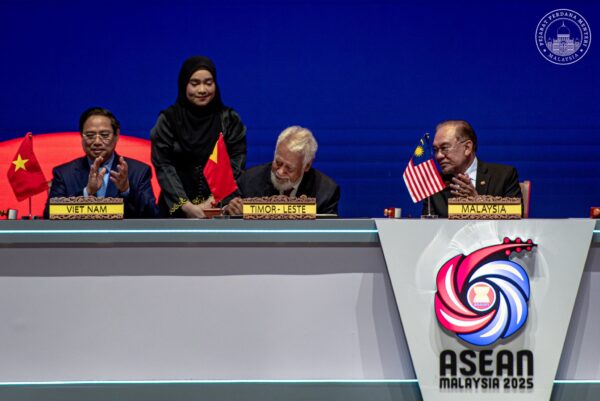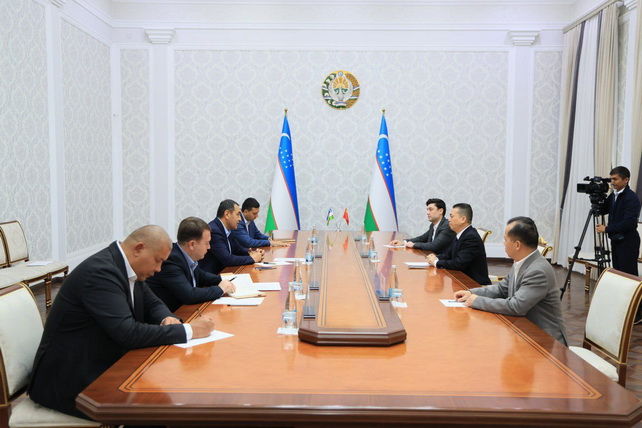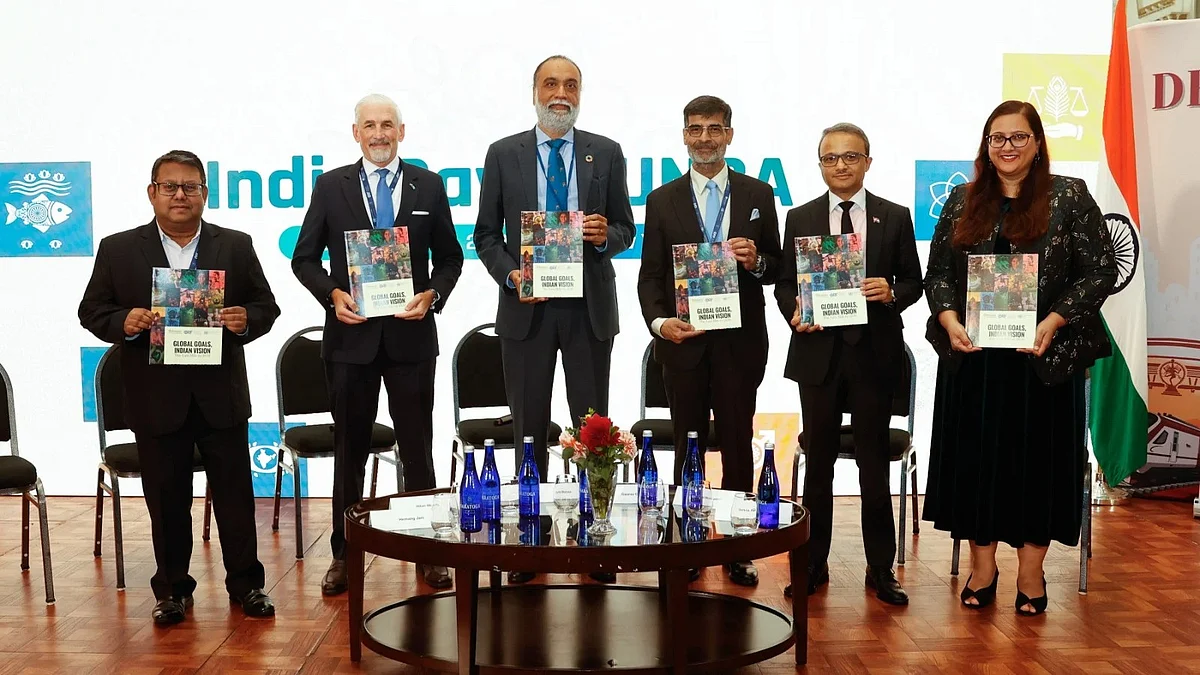Copyright thediplomat

Yesterday, Timor-Leste was formally accepted as a full member of the Association of Southeast Asian Nations (ASEAN), becoming its 11th member and marking the bloc’s first expansion since 1999. The young nation’s admission was formalized when representatives of ASEAN’s 10 other member states signed a declaration during the opening of the 47th ASEAN Summit and Related Summits in Kuala Lumpur yesterday. Its flag was then symbolically placed alongside the flags of the existing 10 ASEAN member states, drawing loud applause from those in attendance. “Today history is made,” Timor-Leste’s Prime Minister Xanana Gusmao said in a speech at the ceremony, after having shed tears of joy while signing the declaration. “For the people of Timor-Leste, this is not only a dream realized, but a powerful affirmation of our journey – one marked by resilience, determination and hope.” He added, “Our accession is a testament to the spirit of our people, a young democracy, born from our struggle.” In his opening speech, Prime Minister Anwar Ibrahim said that Timor-Leste’s admission “completes the ASEAN family, reaffirming our shared destiny and deep sense of regional kinship.” He added, “Within this community, Timor-Leste’s development and its strategic autonomy will find firm and lasting support.” Timor-Leste’s acceptance into ASEAN no doubt marks a significant milestone for the young nation, which gained its independence in 2002, three years after a U.N.-supervised referendum. This followed 24 years of harsh occupation by Indonesia, which was challenged by a pro-independence rebellion. While Timor-Leste expressed interest in joining ASEAN shortly after independence, it did not formally apply until 2011. ASEAN agreed to admit Timor-Leste in principle at its summit in late 2022. Membership has significant implications for both Timor-Leste and ASEAN. In his speech yesterday, Gusmao said that accession to the fast-growing region of 680 million had opened up “immense opportunities” for regional trade and investment. While ASEAN membership would be no panacea, it is not hard to see how greater integration with the Southeast Asian bloc could help Timor-Leste develop its $2 billion economy, fight poverty, and reduce its heavy reliance on its dwindling oil resources. At the same time, Timor-Leste’s leaders have already learned that joining ASEAN brings certain limitations. The country’s history of resistance to colonial rule – both Gusmao and President Jose Ramos-Horta played central roles in the independence struggle – has made it a vocal regional actor on questions of justice and human rights, most recently in the case of Myanmar. Over the past few years, Timorese leaders have been relatively outspoken in both their criticisms of the military administration and their support for its opponents. Senior leaders, including Ramos-Horta, have met with members of the opposition National Unity Government, and allowed the group to set up a liaison office in Dili. However, after Myanmar’s junta expelled Timor-Leste’s top diplomat from the country and expressed its opposition to the country’s membership bid, Foreign Minister Bandito dos Santos Freitas pledged during a visit to Naypyidaw last month not to “allow the activities of illegal organizations” on its soil. While this has not been confirmed by Timor-Leste’s government, it would be consistent with ASEAN’s operating principle of “non-interference,” which obliges member states to hold their tongues where the “internal affairs” of their neighbors are concerned. The admission of Timor-Leste is also set to have broader impact on the regional organization. ASEAN’s last round of expansion took place in the second half of the 1990s, when it admitted Vietnam (1995), Laos (1997), Myanmar (1997), and Cambodia (1999). As Amitav Acharya noted in his 2013 book “The Making of Southeast Asia: International Relations of a Region,” the enlargement had a paradoxical effect, adding to “the political diversity of ASEAN” at the same time that it made Southeast Asia “look more like a single, ‘coherent’ region.” The corollary of greater political diversity, however, is a greater difficulty in clearing the bar of consensus on any given issue. In recent times – in particular since Acharya made the above observation – ASEAN has struggled particularly on issues of controversy such as the conflict in Myanmar and the disputes in the South China Sea. Timor-Leste’s admission will only make the challenge of gaining consensus more complex. The same is true of the bloc’s economic diversity. Timor-Leste, a nation with the smallest GDP in ASEAN, the second-lowest GDP per capita after war-torn Myanmar, and the smallest population (1.4 million) of any, barring Brunei, will further widen the already yawning gap between the bloc’s most and least developed members. This, in turn, will complicate the fulfillment of policies such as the ASEAN Economic Community, which envisions a gradual integration that closes the gap between the organization’s members. It is for this reason that some ASEAN members have opposed its accession. Singapore argued in 2011 that the nation was “not yet ready to absorb the many challenges and complexities of ASEAN membership.” For this reason, some observers explicitly counseled against the bloc’s further expansion. “Rather than strengthening ASEAN,” David Cohen and Alexandra Koch argued in these pages recently, “this move to expand could instead weaken, and potentially fracture, the bloc.” Despite these concerns, there has always been something inexorable about Timor-Leste’s admission to ASEAN, which has finally aligned the map of the organization with that of Southeast Asia and brought the two concepts into closer alignment. Given their country’s turbulent recent history, Timorese leaders no doubt deserve a moment to bask in the sun before the hard work of integrating ASEAN’s newest – and most likely last – member begins in earnest.



